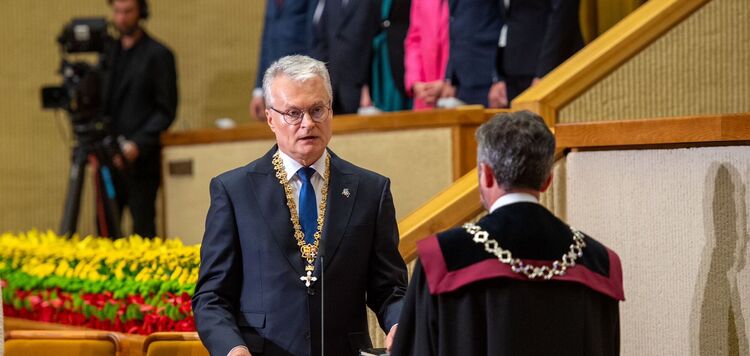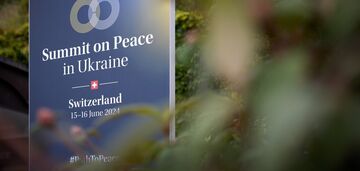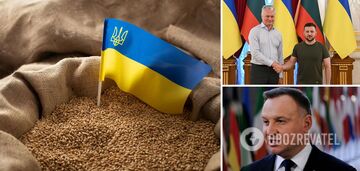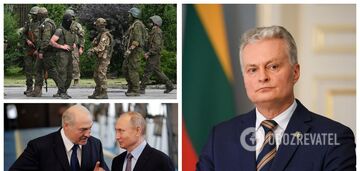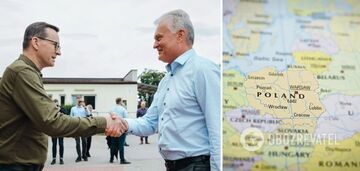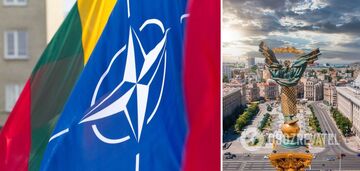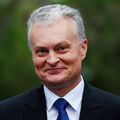
Gitanas Nausseda
Gitanas Nausseda is the president of Lithuania.
Short biography
Gitanas Nausseda was born on 19 May 1964 in Klaipeda, the third largest city in Lithuania.
He received his higher education at Vilnius University, where he studied at the Faculty of Industrial Economics. Later Nausseda also taught economics at the same university.
In the early 90's Gitanas Nauseda practiced for two years at the German University of Mannheim, where he came through the German Academic Exchange Service program.
Nauseda started his political career in 1993 as a member of the Lithuanian Antimonopoly Department. Later he was an intern at the German Bundestag.
In 1994 he joined the Lithuanian Central Bank, where he worked until 2000, starting as a deputy head of a department and rising to a chair in the board of the bank.
From 2004 to 2009 Gitanas Nausseda worked as an advisor to the then President of Lithuania, Valdas Adamkus, whose candidacy Nausseda supported in the 2004 presidential elections.
In 2018, Gitanas Nausseda ran in the Lithuanian presidential election. After making it to the second round of voting with 30 percent of the total vote, he won the second round with 73 percent of the vote to become Lithuania's new president.
Position on Ukraine and Russia
Initially, many media referred to Gitanas Nausseda as " Putin's friend," noting his soft rhetoric toward the Russian Federation and statements that Vilnius "cannot close all doors" regarding Moscow.
At the same time, however, Nauseda has repeatedly stated that relations between Lithuania and Russia have a chance for change only in one case - if the Russian Federation begins to comply with the Minsk agreements. In addition, as Lithuanian president, Nauseda does not plan any visits to Moscow, but specifies that he does not intend to break off trade relations with the Russian Federation for good. Also, according to the statements of Nauseda, Lithuania will try to establish a fuller dialogue with Belarus.
Regarding Ukraine, Gitanas Nauseda assures that Lithuania will continue its foreign policy relations with Ukraine.

